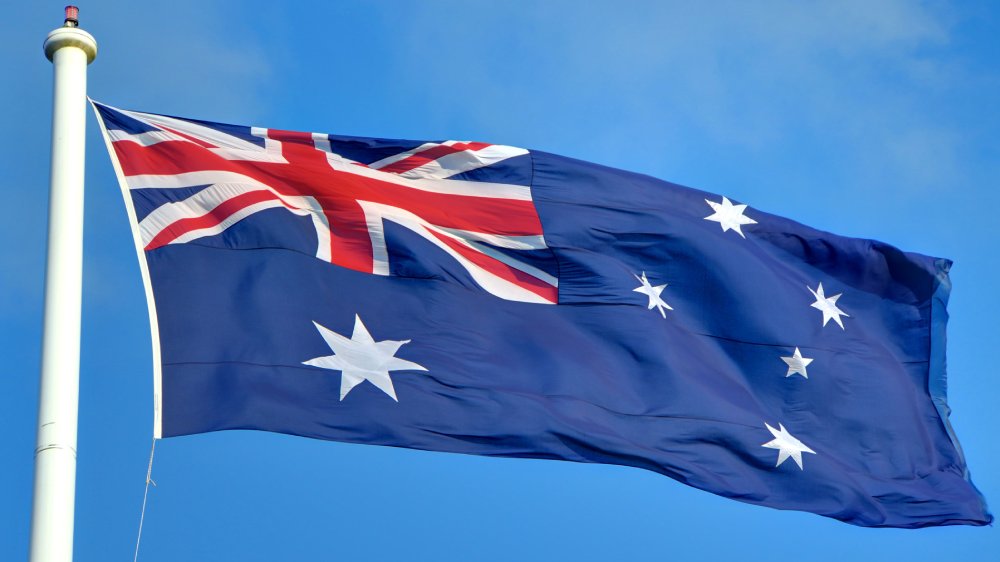
The percentage of Australian voters satisfied with Prime Minister Anthony Albanese’s performance has surpassed those who are dissatisfied for the first time in two years, according to a new poll. The Newspoll, published in The Australian on Monday, reveals that Mr. Albanese’s federal Labor Party maintains a robust two-party-preferred lead over the Coalition, standing at 56 percent to 44 percent.
The announcement comes as the latest Newspoll indicates a slight shift in political dynamics. The previous survey conducted in July showed Labor ahead by 57 percent to 43 percent. Despite the change, Labor’s primary vote remains steady at 36 percent, while the Coalition’s support has risen by one percentage point to 30 percent. Meanwhile, the Greens hold steady at 12 percent, One Nation has increased by one point to nine percent, and support for independents and minor parties has decreased by two points to 13 percent.
Albanese’s Approval Ratings on the Rise
Mr. Albanese’s net approval rating, which was previously neutral, has improved to plus three. This marks his first positive net approval rating in a Newspoll since September 2023, with 49 percent of voters expressing satisfaction with his performance compared to 46 percent who are dissatisfied.
In contrast, Coalition leader Sussan Ley’s net approval rating has declined to minus nine, down from minus seven in the previous month. Notably, 21 percent of Newspoll respondents believe it is still too early to judge her performance.
Leadership Preferences and Political Implications
When asked who would make a better prime minister, 51 percent of respondents favored Mr. Albanese, while 31 percent supported Ms. Ley. The uncommitted category increased by two points to 18 percent, indicating a growing uncertainty among voters.
The Newspoll, which surveyed 1,283 voters online between August 11 and August 14, reflects shifting political sentiments as the country navigates complex domestic and international issues.
Debate Over Recognition of Palestinian Statehood
Meanwhile, another poll published on Monday by Nine highlights a divided public opinion regarding the government’s plan to recognize Palestinian statehood. The Resolve poll shows that 36 percent of voters believe recognition will not affect the Middle East situation, while 25 percent think it will. A significant 40 percent remain unsure.
‘The feedback is that this move is largely symbolic, which is not to devalue the power of symbols,’ pollster Jim Reed told Nine. ‘But in this case, people don’t think Australia’s actions will make much, if any, difference on the ground in Gaza.’
Australia plans to join France, Canada, and the UK in recognizing Palestine at the upcoming United Nations General Assembly meeting in New York. However, the decision is contentious, with 32 percent of respondents suggesting Australia should wait until Hamas is replaced or Palestine recognizes Israel’s right to exist. Conversely, 24 percent believe recognition should proceed regardless of the current political landscape.
The Resolve poll, conducted with 1,800 voters between August 11 and August 16, underscores the complexities of international diplomacy and domestic policy considerations.
Looking Ahead: Political Strategy and Public Sentiment
The developments in Australia’s political landscape reflect broader trends and challenges. As Mr. Albanese’s approval ratings rise, his administration may gain momentum in implementing its policy agenda. However, the split opinions on international issues like Palestinian statehood highlight the nuanced perspectives within the electorate.
As Australia approaches the United Nations General Assembly meeting, the government’s foreign policy decisions will likely continue to spark debate. The evolving public sentiment, as captured in these polls, will play a crucial role in shaping the political narrative in the months ahead.
With both domestic and international issues at the forefront, the coming period will be pivotal for the Albanese administration as it seeks to consolidate support and navigate the complexities of governance in a rapidly changing world.







